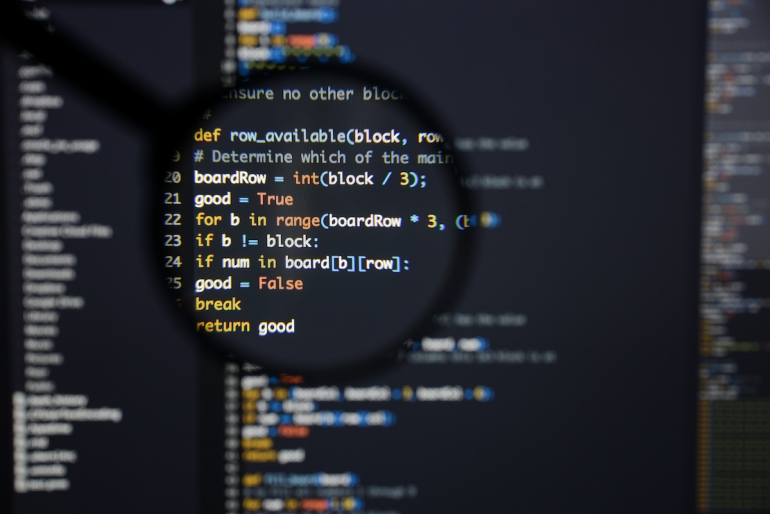Introduction of Python Programming
Python has come one of the most popular programming languages in the world in recent times. It's used in everything from machine knowledge to making websites and software testing. It can be used by developers andnon-developers likewise. Python, one of the most popular programming languages in the world, has created everything from Netflix’s recommendation algorithm to the software that controls self-driving buses . Python is a general-purpose language, which means it’s designed to be used in a range of operations, including data knowledge, software and web development, robotization, and generally getting stuff done. Python is a general-purpose language, meaning it can be used to produce a variety of different programs and isn't specialized for any specific problems. This versatility, along with its freshman-kindliness, has made it one of the most-used programming languages moment. A check conducted by industriousness critic establishment RedMonk set up that it was thesecond-most popular programming language among inventors in 2021
What Mainly is Python Programming

Why We Need Python Programming
Python is frequently used to develop the back end of a website or operation the corridor that a user doesn't see. Python’s part in web development can include transferring data to and from servers, recycling data and communicating with databases, URL routing, and guaranteeing security. Python offers several fabrics for web development. Generally used ones include Django and Flask. Some web development jobs that use Python include back-end masterminds, full-stack masterminds, Python inventors, software masterminds, and DevOps masterminds. In software development, Python can prop in tasks like making control, bug Solving, and testing. With Python, software developers can automate testing for new products or features. Some Python tools used for software testing include Green and Requesting. Python is not only for programmers and data scientists. Learning Python can open new possibilities for those in lower data-heavy professions, like intelligences, small business holders, or social media marketers.



